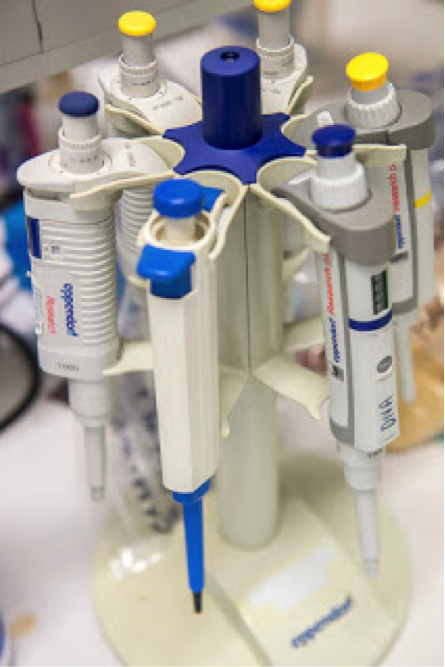
Recently, an article was published in Britain’s Drug and Therapeutics Bulletin (DTB) that raised questions about the evidence-based research on the low FODMAP diet, “Does a low FODMAP diet help IBS?” We welcome robust questioning and believe that scientific debate is always productive. However, when so many people around the world suffer significant pain and discomfort from IBS and with so few treatment options available to give relief, it is prudent and appropriate to respond to some of the limitations of the study cited in this article.
This response is offered to help our global community better understand the discussion posed by the anonymous author of the paper, and - importantly - to recognise some of the limitations that this study highlights when assessing a diet’s efficacy against the usual frameworks applied to a formulated and controlled drug therapy.
1. Contradictory information and final statement
While this review attempts to summarise the total number of studies that have been undertaken investigating the efficacy of the Low FODMAP diet in IBS. It concludes - ‘there is limited evidence for its use’. Indeed, this last sentence contradicts much of the other information provided in the review. The article states the British Dietetic Association and most recent revision of the NICE guidelines provide some guidelines that include the use of the Low FODMAP diet.
"Some guidelines suggest that a low FODMAP diet may be appropriate for motivated patients for whom other therapies have not offered sufficient symptomatic relief; and that advice on a low FODMAP diet should be provided by a dietitian with specialist knowledge of this type of intervention”.
2. Perspective of article
The judgment and opinion of the author also appears to be written from the perspective of the evidenced-base requirements for development of drugs. This method of evaluation is not suitable for comparison of dietary therapies. The major criticism in the article is that there is no long-term randomised controlled trial (RCT) evidence of efficacy. We acknowledge it is actually very difficult to undertake a RCT with a diet, as a diet is not a drug and highlights a key limitation of conducting research into diet therapies. There are however, long-term data on efficacy in prospective observational studies, which unfortunately were not discussed in this review.
3. Confusion on long term duration on the diet
Patients on the low FODMAP diet are recommended be on the diet strictly for 2-6 weeks only, followed by re-introduction of FODMAP containing foods in a controlled manner. This is not a lifetime diet and patients are strongly recommended to seek guidance from an experienced dietitian through the entire process. We believe that this is a serious misunderstanding as the fundamental design of the low FODMAP diet is transitional, not permanent.
4. Low FODMAP diet is “too difficult”
We think that this statement is unhelpful and naïve. We understand that any diet can appear daunting for someone inexperienced with elimination diets and particularly for those experiencing pain and suffering. From our experience the diet has been well accepted by those suffering from IBS. It must be remembered that for an IBS sufferer the relief of symptoms outweighs the inconvenience of adhering to a restrictive diet for a few weeks. We do stress the importance of a dietitian-directed input/education. The low FODMAP diet is a therapy that may not be suitable for all IBS individuals and does require patient input, involvement and compliance, including adjunct therapies such has the taking of prescription and non-prescription medications.
5. Research into individual FODMAPs goes back decades
It is important to understand the FODMAP concept and it is also worth noting that FODMAP is an umbrella term –a way of grouping all short chain carbohydrates that may be poorly absorbed and trigger gastrointestinal symptoms. Indeed, it has been known for decades that certain carbohydrates can trigger gut symptoms (e.g. lactose-intolerance for some people is well understood, GOS from legumes/pulses etc.). The low FODMAP diet simply considers all these carbohydrates together allowing for a relatively straightforward mechanism to categorise and avoid, these foods.
We hope this addresses the main areas of confusion in the article and if any of our Low FODMAP diet community wishes to discuss this further, please get in touch with us via social media: Twitter, Facebook or email enquiry@monashfodmap.com